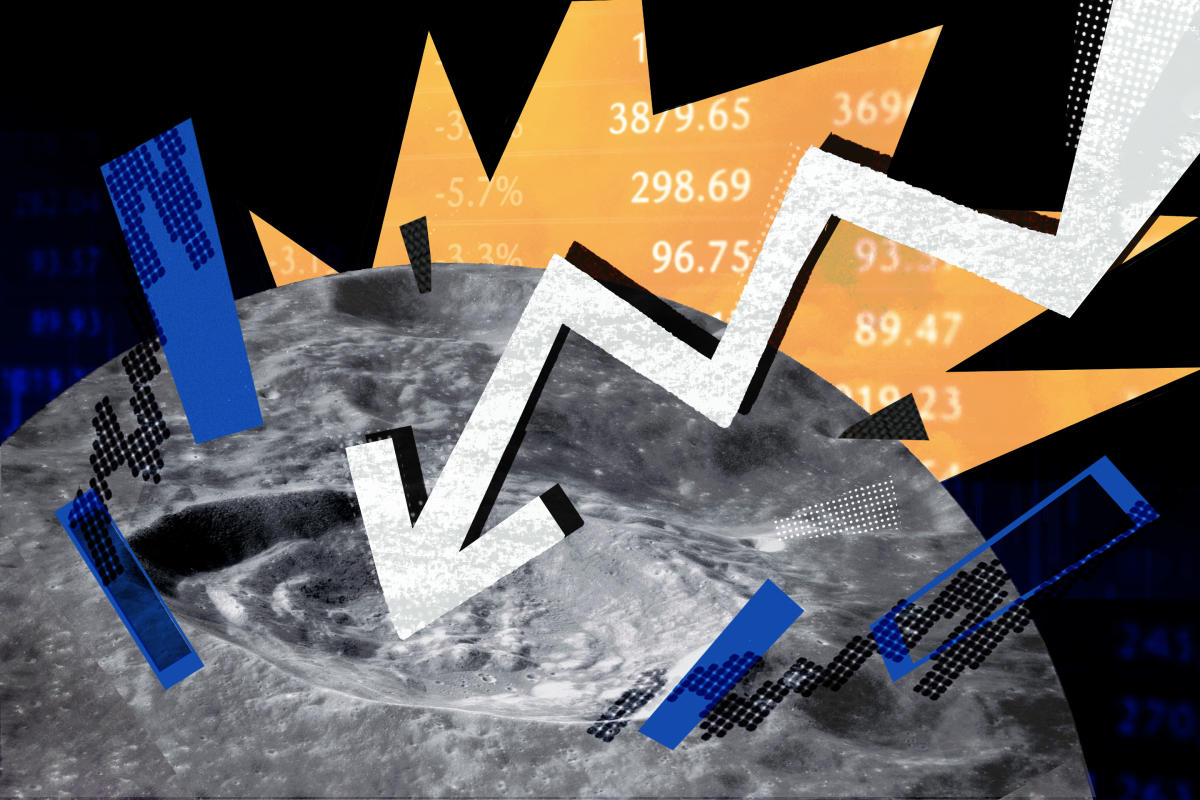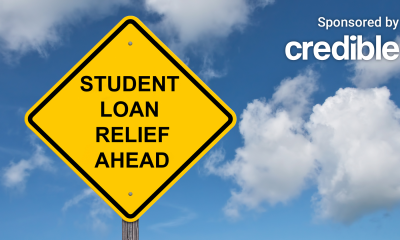Personal Finance
‘Stock Prices Will Crater’ if the U.S. Defaults on Debt, Economist Warns

***Money is not a client of any investment adviser featured on this page. The information provided on this page is for educational purposes only and is not intended as investment advice. Money does not offer advisory services.***
With a debt limit fight looming in Congress, one leading expert is warning of catastrophic damage to the economy and major losses in the stock market if lawmakers are unable to avert a default.
What’s happening now
Last week, the United States officially hit the debt limit — the cap on the amount of money the government is allowed to borrow to meet all of its financial obligations. Those obligations include money that’s due to government bondholders and creditors as well as Social Security and Medicare payments, salaries for the military and tax refunds and more.
The Treasury Department is taking what Treasury Secretary Janet Yellen called “extraordinary measures” (by moving some government money around) to ensure the U.S. has enough cash on hand for the next few months, at least. Yellen says it’s difficult to say how long that extra cash will last.
What’s next
If lawmakers are unable to reach an agreement to increase the debt limit before the extra money runs out, the U.S. will officially default on its debt. Lawmakers regularly vote to increase the debt limit, and a default has never happened.
This time, however, Mark Zandi, chief economist at Moody’s analytics, writes in a new report that the odds of defaulting are “uncomfortably high.” That’s thanks to “heightened dysfunction in Congress and the large political differences gripping the nation.”
Why it matters to you
Zandi warns of “unbearable” chaos in global financial markets if lawmakers do not act to avoid a default. Here are some possibilities envisioned by Zandi:
-
In the short term, uncertainty about the resolution of the issue will mean higher interest rates and falling stock prices.
-
If a default actually happens, interest rates will spike and “stock prices will crater with enormous costs to taxpayers and the economy,” according to Zandi.
If the political impasse surrounding a default lasts more than a few weeks, Zandi estimates that stock prices would lose one-third of their value (and $12 trillion in household wealth would be lost) as the market plunges.
Money Classic
To celebrate our 50th anniversary, we’ve combed through decades of our print magazines to find hidden gems, fascinating stories and vintage personal finance tips that have withstood the test of time. Dive into the archives with us.
Sign Up
More from Money:
When Will the Stock Market Recover? Here’s What Experts Predict
Options Trading Is Booming. Should You Get in on the Action?
Are Social Security Payments at Risk if the U.S. Defaults on Its Debt?
© Copyright 2023 Money Group, LLC. All Rights Reserved.
This article originally appeared on Money.com and may contain affiliate links for which Money receives compensation. Opinions expressed in this article are the author’s alone, not those of a third-party entity, and have not been reviewed, approved, or otherwise endorsed. Offers may be subject to change without notice. For more information, read Money’s full disclaimer.
Read the full article here

-

 Side Hustles6 days ago
Side Hustles6 days agoWhy the Best CEOs Think Like Anthropologists
-

 Make Money7 days ago
Make Money7 days agoEarn More in 2025: Top 10 High-Yield Savings Accounts Revealed
-

 Side Hustles4 days ago
Side Hustles4 days agoThis User-Friendly H&R Block Software Package is Only $40, While Supplies Last
-

 Side Hustles7 days ago
Side Hustles7 days ago10 Roles That Are Surprisingly Well-Suited for Outsourcing
-

 Side Hustles7 days ago
Side Hustles7 days agoWhat to Do If TikTok is Banned — How to Protect Your Brand
-

 Passive Income7 days ago
Passive Income7 days agoHow Pets Can Promote Better Health and Well-Being in the Workplace
-

 Investing4 days ago
Investing4 days agoTikTok faces US ban deadline as users brace for fallout By Reuters
-

 Personal Finance7 days ago
Personal Finance7 days agoBiden cancels more student loans with one week left to his term


















